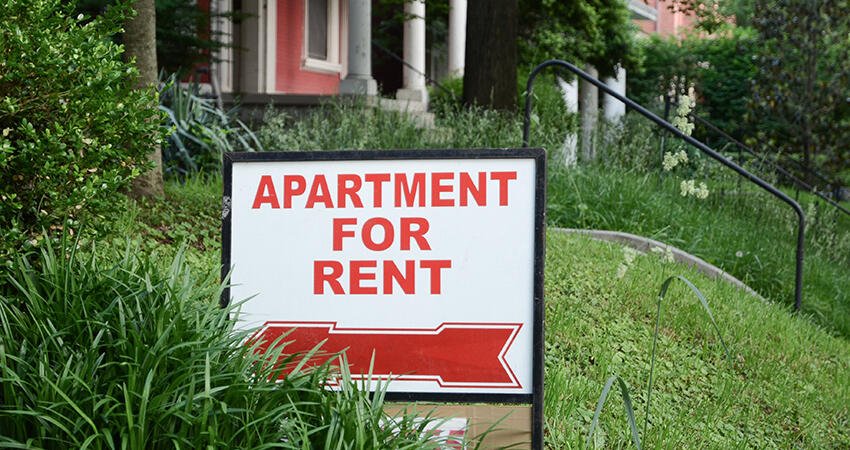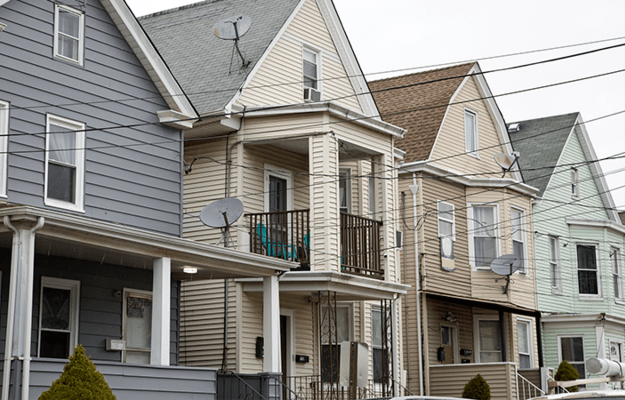
(dc_slim/Shutterstock)
How Do Gender, Race, and Criminal History Influence Access to Rental Housing?
- Title:
-
Examining housing discrimination across race, gender and felony history
- Author:
-
Douglas N. Evans, Kwan-Lamar Blount-Hill and Michelle A. Cubellis
- Source:
- Publication Date:
-
2019
Access to housing is critical for formerly incarcerated people to successfully reenter society. But many face significant barriers to obtaining and maintaining housing upon release. In addition to the financial challenges that make it challenging to pay security deposits and fees shortly after release, having a criminal history also creates barriers to accessing private and public housing. Some landlords and property managers refuse to rent to people with criminal histories, particularly those with certain classes of felonies, such as sex offenses. This discrimination can be compounded by racial and gender discrimination, which create additional barriers to securing housing.
This study explores the relationship between gender, race, and criminal history in obtaining rental housing. The authors employed an experimental audit design (which involves data collection through real-world interactions) in 12 midwestern states. The outreach for this study included six callers—three men and three women, with each gender group comprising one Black, one white, and one Latinx caller. Each caller contacted a random sample of 647 landlords and property managers in cities of various sizes. The voices and names of the callers were pretested to increase the likelihood a landlord would be able to infer a person's gender and race. The researchers note there were concerns this approach could be viewed as reinforcing negative stereotypes, but they argue this approach reflects, rather than endorses, these conditions.
This study tested four criminal history conditions: no prior offense (control), drug trafficking offense, statutory rape, and child molestation. Because many landlords and property managers do not ask about criminal histories on an introductory call, testers disclosed this info during the call by reading the following phrase: “My parole officer requires me to tell you that I was convicted of [test condition]. I was wondering if this would prevent me from renting the place.” The researchers then employed statistical methodologies to test the relationship between the independent variables and their effect on landlord and property managers’ willingness to rent to the callers.
Key findings
- Each of the three test offenses made the landlord and property manager less willing to consider renting to a prospective tenant.
- Despite previous research indicating race is a strong factor in a landlord's willingness to rent to a person, this study did not find a significant relationship between the race of the caller and the landlord’s likelihood to consider renting. However, the authors noted this may be because of a limited sample size.
- Similarly, the researchers did not find a significant relationship between the gender of the caller and the landlord or property manager’s willingness to consider renting to a prospective tenant.
- Landlords and property managers were more likely to assist and potentially rent to callers when they asked about and were able to verify that callers have the necessary income.
Policy implications
- Findings suggest a criminal offense is a strong determinant of whether a landlord or property manager will consider renting to a person. As noted above, access to housing is critical for formerly incarcerated people, and reducing barriers and discriminatory practices in housing is key to supporting their successful reentry.
- Though the study did not find a relationship between race and rental housing accessibility, the criminal legal system itself disproportionately affects communities of color, with Black people more likely to be incarcerated than white people. Therefore, the effects of housing discrimination for those with a criminal record may be particularly salient in communities of color.


